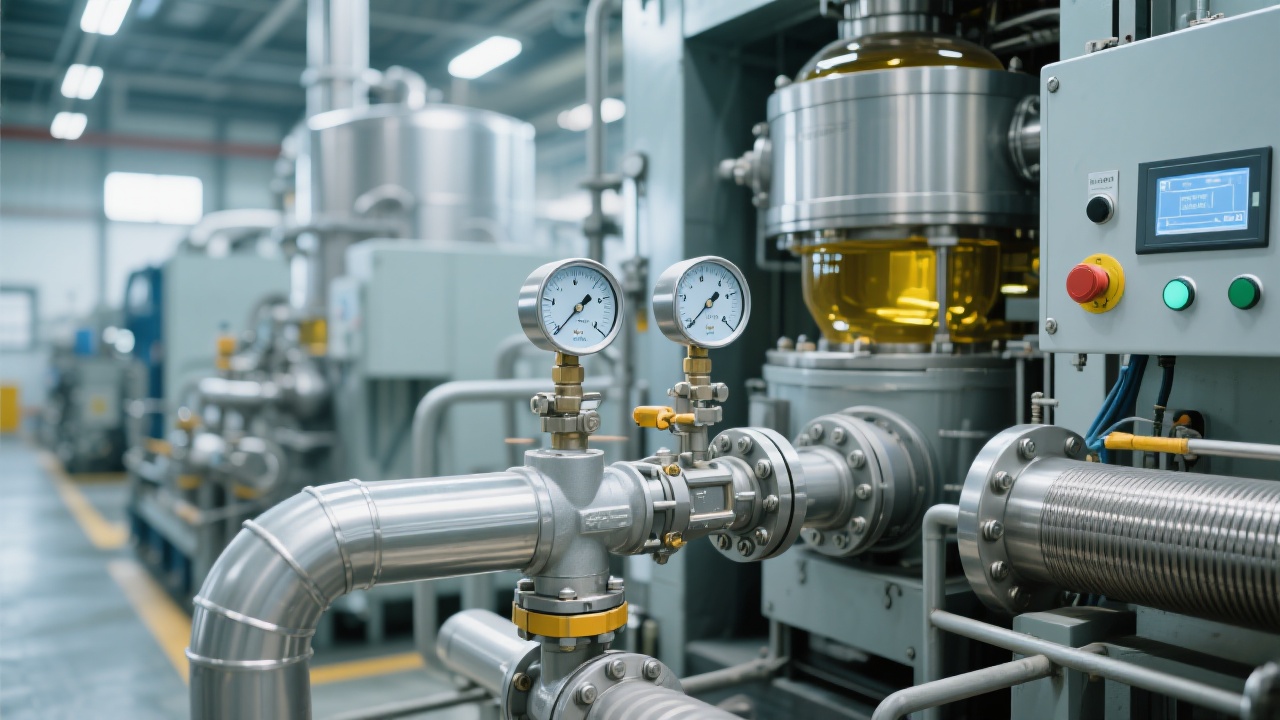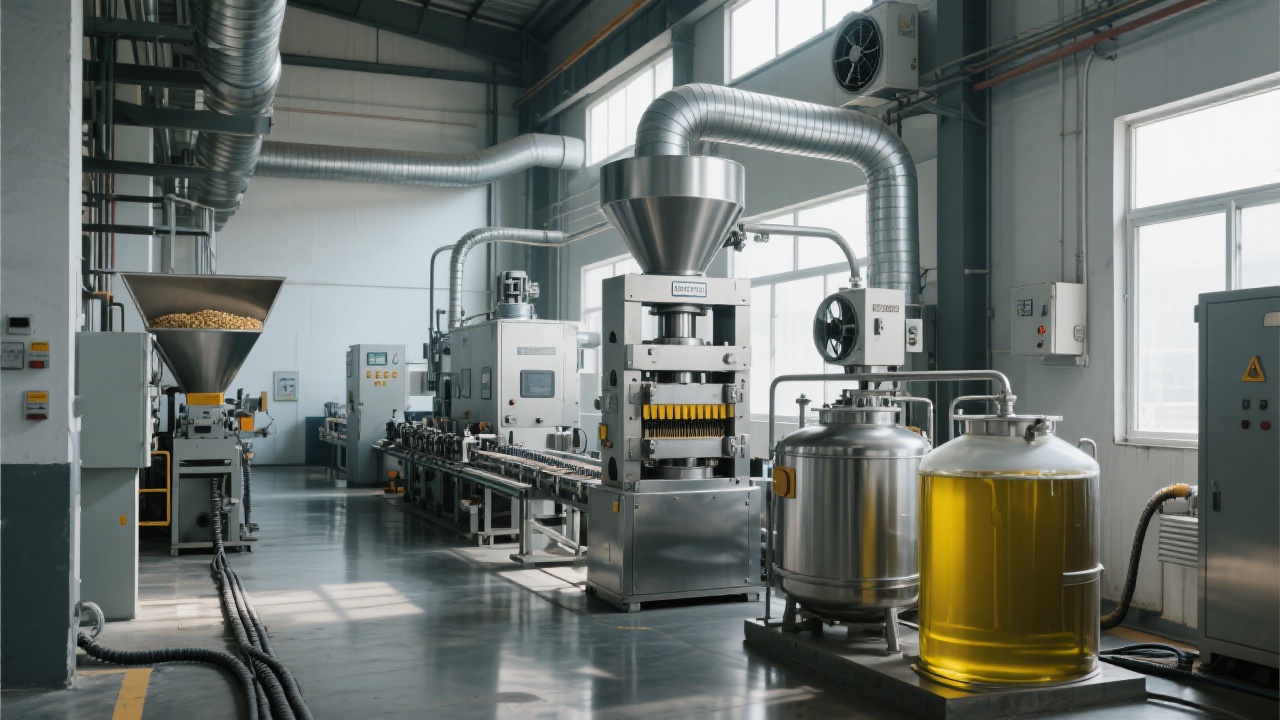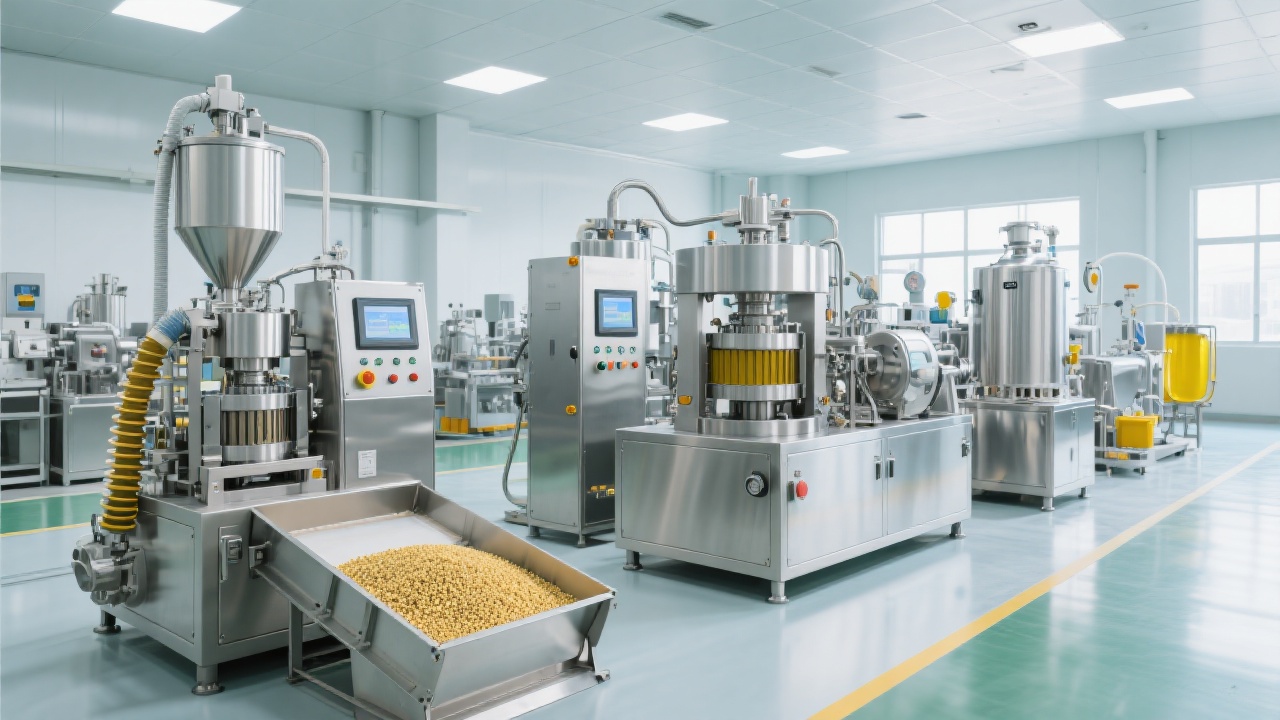
In the global edible oil market, securing international buyers’ trust is indispensable for peanut oil exporters. However, without robust quality control and internationally recognized certifications, suppliers often struggle to stand out. Are you aware how ISO 22000 and HACCP certifications can enhance your peanut oil’s acceptance overseas and streamline compliance? This guide dissects the entire quality assurance journey from raw material selection to final product testing, highlighting how automation and meticulous process control deliver consistent, export-grade oil.
The journey of peanut oil from farm to foreign kitchen hinges on several critical control points that impact safety, flavor, and shelf life:
The challenge lies in consistently controlling parameters such as pressing temperature, moisture levels, and peroxide value, which directly affect oil quality and regulatory compliance.
| Parameter | Traditional Methods | Automated Pressing Line |
|---|---|---|
| Temperature Control | Manual adjustments, prone to fluctuations (70-90°C) | Intelligent control system maintains stable 65-70°C (optimal for nutrient preservation) |
| Oil Yield Consistency | Variable, often 2-3% below industry standards | Consistently high yield—above 90% extraction efficiency |
| Oxidation & Peroxide Value | Higher risk of peroxide value exceeding 5 meq O2/kg | Peroxide value kept below 2 meq O2/kg through temperature and airtight control |
| Human Error Risks | High due to manual operation and inconsistent practices | Reduced significantly by automation and real-time monitoring |
As demonstrated, adopting fully automatic peanut oil pressing machines not only elevates product consistency but also embeds traceability, a key requirement in ISO 22000 and HACCP audits.
Increasingly, international buyers and regulators demand eco-friendly operations. Sustainable peanut oil production reduces waste, energy consumption, and emissions, aligning with global environmental standards and appealing to green-conscious markets.
Automated lines often incorporate energy-saving motors, steam condensers, and waste reprocessing units—enhancements that simplify compliance with environmental regulations while lowering operational costs.
Authority Insight: According to the ISO 22000 standard, systematic management of food safety risks via HACCP principles is essential for maintaining consistent export compliance and consumer protection.
Achieving these certifications involves thorough documentation, process validation, and ongoing monitoring. Key steps include:
Integration of automated equipment with intelligent control panels simplifies compliance by reducing variability and supporting digital record-keeping during audits.

A leading peanut oil producer in Southeast Asia struggled with frequent peroxide value exceedances (>5 meq O2/kg), threatening export contracts. By installing a fully automatic pressing production line equipped with an intelligent control system and ISO/HACCP compliant protocols, they achieved:
This bolstered their export volume by 30%, improved buyer confidence, and facilitated entry into stringent markets like the EU and Japan.

Identifying all relevant CCPs is often challenging, especially in small-scale setups. Automated data logging and sensor integration ease this process significantly.
Peroxide value directly reflects oil oxidation; maintaining it below 2-3 meq O2/kg is key for shelf-life and regulatory compliance.
Yes, by minimizing manual intervention, intelligent pressing lines reduce labor hours spent on adjustments and quality checks.

In today’s competitive edible oil landscape, meeting international quality standards is not optional but imperative. Implementing ISO 22000 and HACCP frameworks supported by state-of-the-art automated peanut oil pressing equipment ensures stable high-quality output, minimizes risks such as peroxide value exceedance, and facilitates smooth certification processes. Automated control systems reduce human error and maintain optimal process conditions, empowering exporters to gain and sustain buyer trust worldwide.
Are you ready to overcome certification hurdles and boost your peanut oil exports through smart automation? Discover Our Advanced Peanut Oil Processing Solutions Today.
Have you encountered challenges in meeting international peanut oil quality standards? Share your specific scenarios with us, and we’ll send you tailored success stories from your industry peers.

